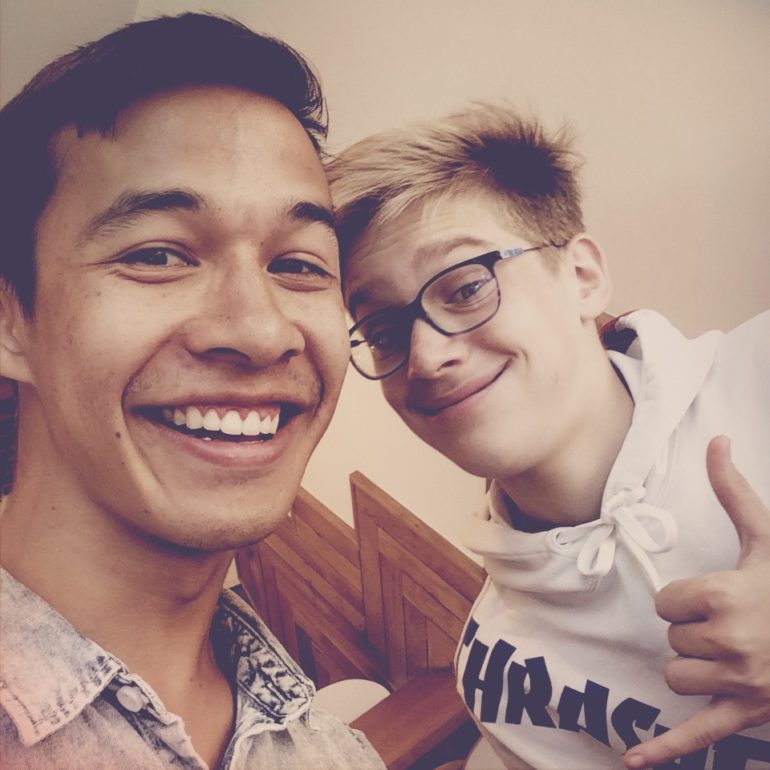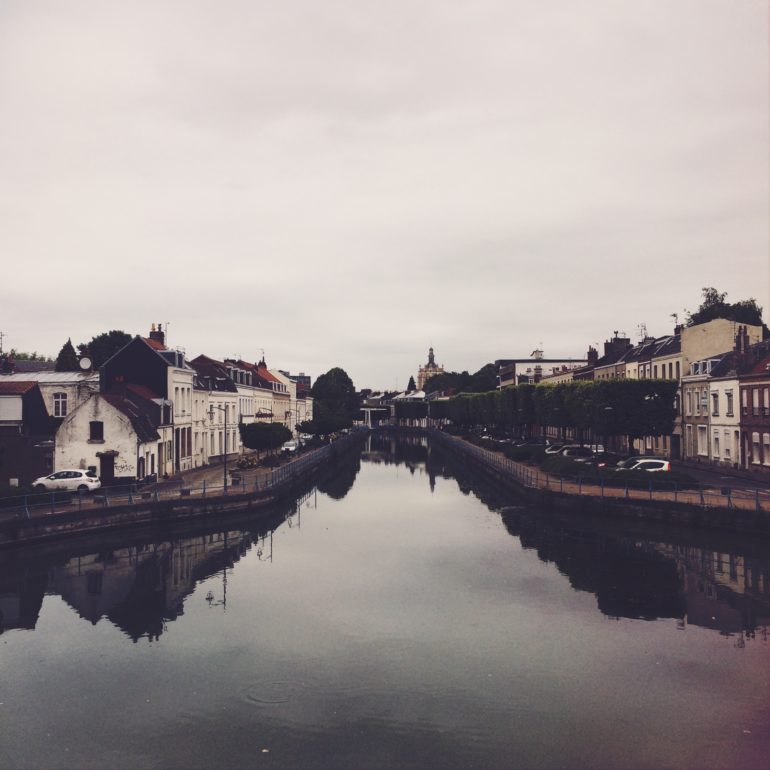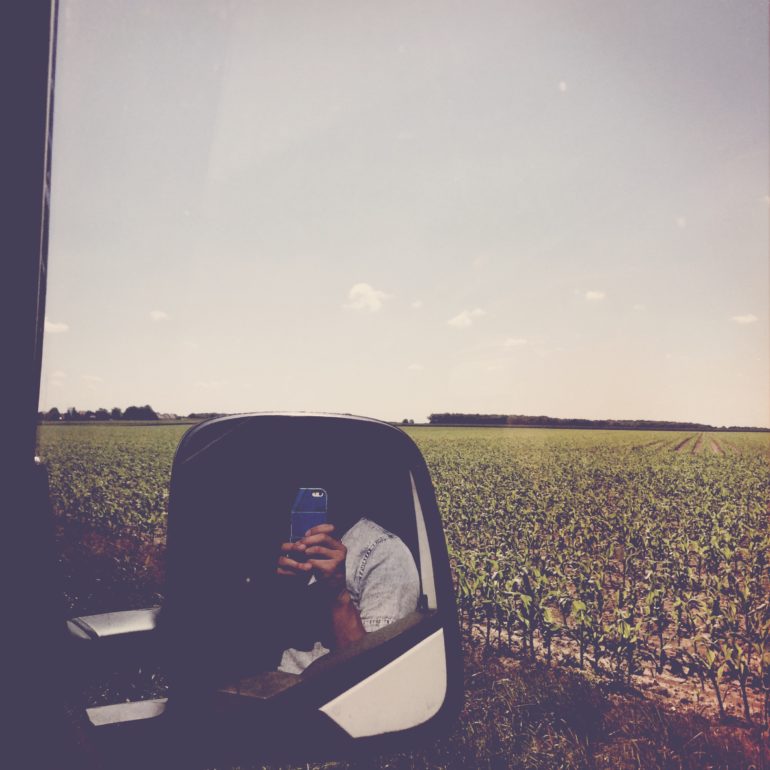Before setting off for my homestay in France, I was rushing with excitement. After intensely studying French for the past year, I was thrilled at the chance to practice my French nonstop and live in a new environment I had never been to before. I would be living in the North of France just outside of a town called Douai with a family of three. I knew there was still so much I did not know about the French language, but that didn’t stop my excitement for what was to come.
As I arrived in France and began to experience life there, I soon discovered just how much I did not know. During my process of assimilation into a new culture and structure for communication, I soon came to see that “how much I did not know” allowed me to learn tremendously about myself and what it’s like existing inside of another language.

Not Everything Must Be Communicated Through Words
I learned this first and foremost from the family’s son who I was conversing in English with. This kid was a master at utilizing facial expressions, acting something out, or using hand gestures to convey an idea or emotion when he did not have all the words to do so. I soon came to realize how effective this could be when I did not have all the words to communicate an idea. This was a tremendously important lesson I realized in my own linguistic growth.
Often as humans, once we develop a larger vocabulary we tend to root all our experiences into words. I soon learned that not every experience or emotion must be transcribed into words. One can exist and share experiences with another human in meaningful ways without always saying exactly how one feels. In addition, we can find new ways to communicate that are not always reliant just on words. We can act something out, use gestures, or simply share an experience with one another.
Patience and Endurance
Learning to develop continual patience with myself and those around me became a big part of this experience. Throughout the first month, I would continually have to ask people to repeat themselves or tell them that I did not understand what they were saying. Other times, people would correct my pronunciation and grammar. Although I know they were only trying to help, it left me feeling frustrated and self-conscious about the way that I spoke. Especially when this language was all I had to communicate, it felt like a diminishing of my own self in this new country and town.
Within this struggle, though I realized time and time again the importance of just being patient and trying again. It challenged me to rise above my own self-consciousness within the language and keep trying to improve my grammar, improve my pronunciation and keep talking with people even if I was nervous or still speaking with errors. This process gave me mental patience and endurance that demanded me to be continually adaptable to everything that was existing around me.

Loneliness and Disorientation
Before this trip, I had traveled out of the country many times before. Because of this, I did not expect to encounter loneliness in the way that I did during my Homestay. I soon realized that traveling with my English-speaking friends and living with a new family that speaks a different language are two very different things. I began to experience how truly unique it is to exist within a language you are not fully fluent in.
I experienced a strong feeling of not being able to express myself in the same manner in French that I could previously do in English. Because of this, I was ultimately not able to exist as the same person whilst speaking French. My answers to everything felt simplified and dry in comparison to the mind I felt existed within me. This led to a sense of disorientation and feelings of loneliness because I was unable to fully exist to others as the person I previously was. Often my phone calls to friends and family in the US felt like an act of self-preservation, attempting to remind myself of the person I felt I “truly was.”
Despite this challenge, I soon came to find that as my experiences in French began to become more layered, I discovered a different sense of self that began to counter some of the previous loneliness. By the end of my two months in France, I began to sense that my French could better encapsulate the person I felt I was. Or rather, my French encapsulates a different aspect of the individual I am now able to exist as.
Although I can’t say the disorientation has completely subsided, it’s something I’ve learned to embrace as part of the experience of learning a new language and transitioning continuously between the two.

Moments of Exhilaration
At the end of my two months in France, I am nowhere close to being fluent in the language. Despite this, I have learned so much more than I thought I would about linguistic communication and learning to embrace aspects of another culture that may at first feel overwhelming. The moments of “linguistic exhilaration,” in which the language rolls off your tongue and a sense of freedom take hold, as you begin to exist within new linguistic boundaries that were previously unknown; these are the moments that make me incredibly thankful for these last two months.
I know I still have a considerable amount to learn, but existing within a new language and building entire relationships in another language has been an experience that I will never forget. It is heavy with challenges I did not expect to encounter but then countered with a richness, a new method of existing that I never fully realized until now.
